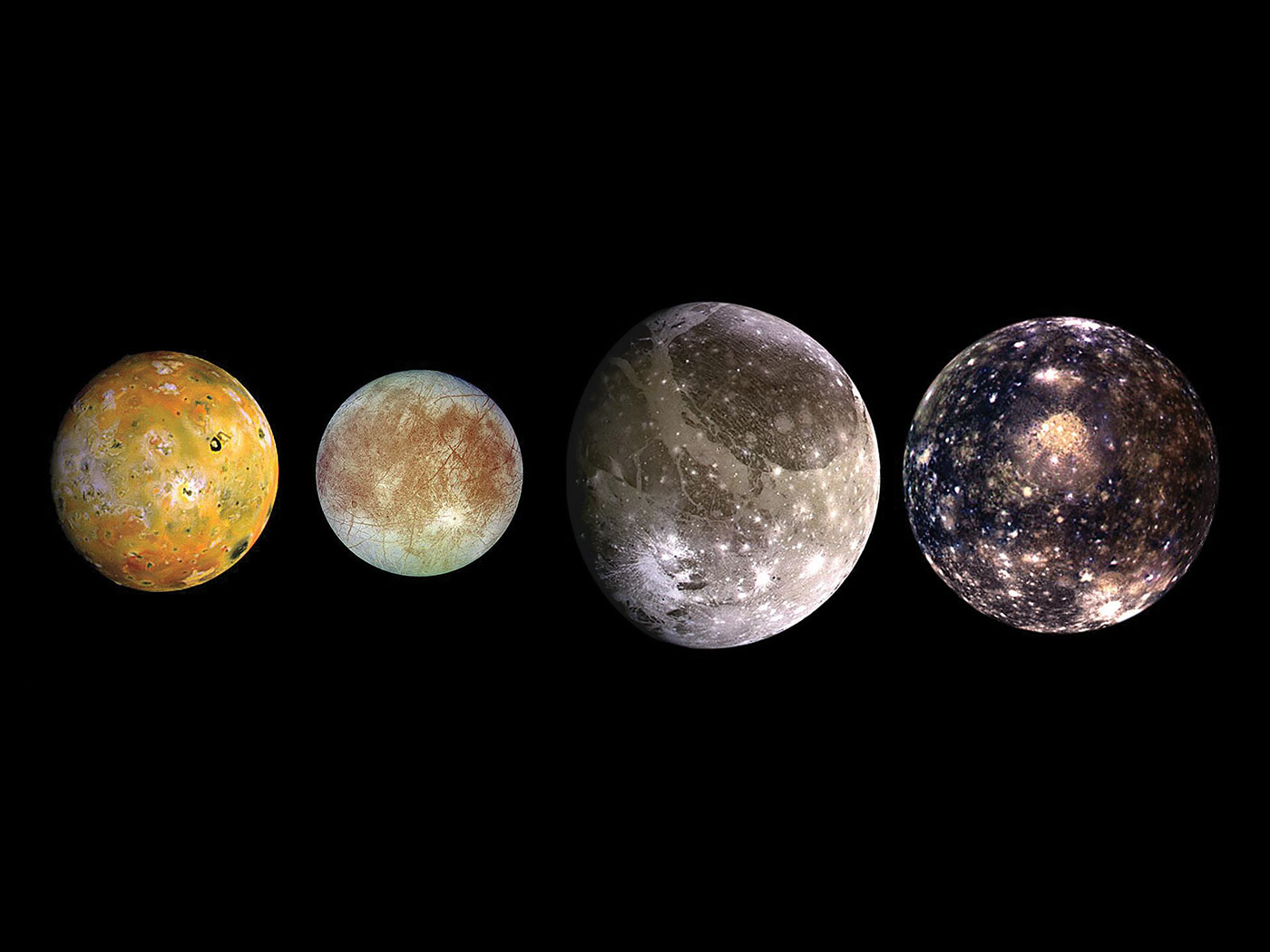Professor Richard Dawkins has once again shown that atheists (or “secular humanists,” as some have dubbed themselves) live in a kind of bubble—one in which history can be skewed, and only their own definitions matter.
The prominent atheist boasted to the BBC about a new advertising campaign that will feature London bendy-bus banners proclaiming, “There’s probably no God. Now stop worrying and enjoy your life.” The British Humanist Association (BHA) came up with the “no God” slogan to counteract ads encouraging salvation through Jesus Christ. The weaker word choice that God “probably” doesn’t exist, rather than the bolder claim “There is no God,” makes Dawkins’ support of the ads something of a curiosity. Nonetheless, the BHA hopes to have 60 buses carry the signs for four weeks.
Dawkins told the BBC, “Religion is accustomed to getting a free ride—automatic tax breaks, unearned respect and the right not to be offended, the right to brainwash children.”1
“Unearned respect”? Just how impervious is Dawkins to the words and history of his own people?
Dawkins lectures at the same university as a past and prominent Oxford faculty member: C. S. Lewis. The former atheist and author of numerous works—including The Screwtape Letters, Mere Christianity, and the enduringly popular The Chronicles of Narnia series—has impacted countless individuals with his literary expositions that demonstrate a serious dedication to the Bible and its Author. Lewis’ death was overshadowed by the assassination of John F. Kennedy that November day in 1963, yet his life’s work continues to inspire generations to read and intellectually investigate the Word of God.
Another famous and highly-respected Brit was William Wilberforce who, along with many other evangelical Christians, devoted his wealth, reputation, and even health to champion the abolition of the slave trade, which led to the eventual end of slavery in Britain. His motivation for making so grand a mark on world history is clear: “God Almighty has set before me two great objects, the suppression of the slave trade and the reformation of manners [moral values].”2
And reaching a tad farther back in history, Isaac Newton—the past president of the prestigious Royal Society, discoverer of calculus, and inventor of the Newtonian telescope—was as much a student of the Bible as he was of science. His convictions, like Wilberforce’s, are also unambiguous: “God is the same God, always and everywhere.”3
Dawkins, the BHA, and other atheists might say the convictions of Lewis, Wilberforce, Newton, and the countless others who have made real and lasting contributions to the betterment of humanity are “anathema” to rational thought. But such claims would hold about as much water as the tip of a tack, for it was those very convictions that spurred these gentlemen’s great accomplishments.
Luke, a skilled physician and writer in Jesus’ day, chronicled Christ’s teaching that men and women are known by their deeds in the same way that a tree is known by its fruit.4 The “no God” ads will disappear after a few weeks. But the Word of God will remain forever,5 and the faithful works that it has inspired great men and women to achieve are incontestably deserving of the highest respect.
References
- ‘No God’ slogans for city’s buses. BBC News. Posted on news.bbc.co.uk October 21, 2008, accessed October 21, 2008.
- Wilberforce, R. I. and S. Wilberforce. C. Morris, ed. 1841. The Life of William Wilberforce. Philadelphia: Henry Perkins, 77.
- Newton, I. General Scholium. Translated by Motte, A. 1825. Newton’s Principia: The Mathematical Principles of Natural Philosophy. New York: Daniel Adee, 505.
- Luke 6:43-45.
- Matthew 24:35.
* Ms. Dao is Assistant Editor.
Article posted October 23, 2008.
















